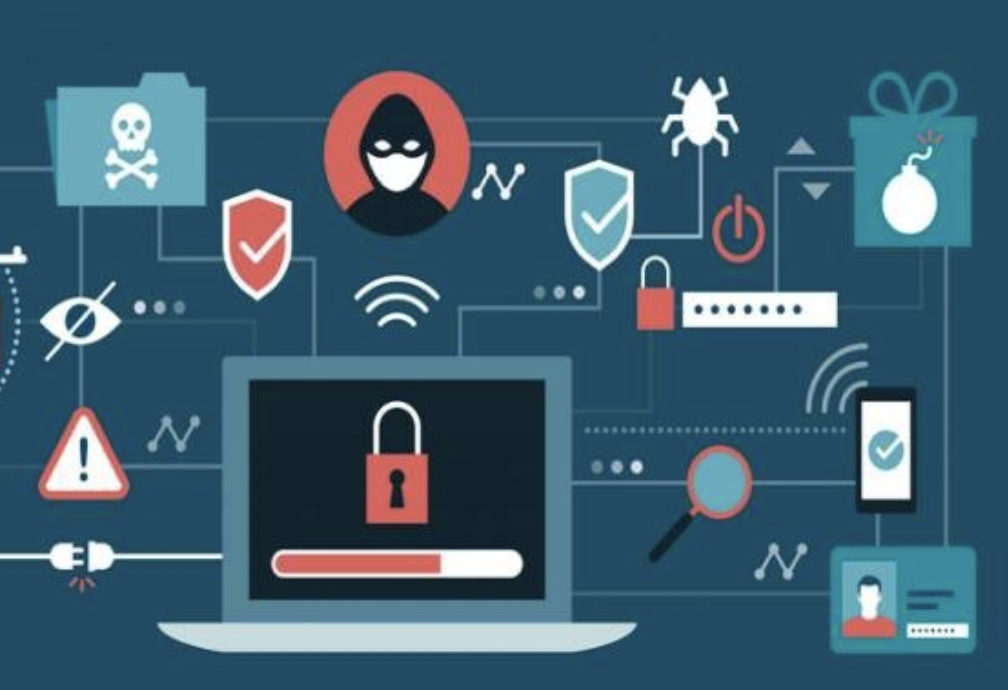Insights from Smoke Alarm Solutions Incident
Recent Breach Highlights Risks of Digital Record Storage in Offline Settings
The recent data breach involving Smoke Alarm Solutions, a leading smoke alarm service provider in Australia, has brought to light the inherent vulnerabilities faced by offline service providers that store digital records. Despite operating primarily in physical spaces, the breach serves as a stark reminder that digital data stored offline is not immune to cyber threats.
The breach, which exposed over 700,000 documents totaling 107 gigabytes of data, underscores the risks faced by offline service providers relying on digital records. Smoke Alarm Solutions’ breach, originating from a vulnerability in their database security, compromised sensitive customer information, including invoices, inspection records, estimates, and compliance reports.
This incident serves as a critical lesson for offline service providers to prioritize data security and implement robust measures to protect digital records. As businesses increasingly digitize their operations, offline service providers must recognize the potential risks associated with digital record storage and take proactive steps to mitigate them.
In response to the breach, Smoke Alarm Solutions has announced plans to bolster its data security measures and enforce stricter access controls to prevent future breaches. The company has also urged affected customers to remain vigilant and monitor their accounts for any signs of unauthorized activity.
The breach at Smoke Alarm Solutions serves as a wake-up call for offline service providers across various industries. As digital transformation continues to reshape business landscapes, ensuring the security of digital records becomes paramount in safeguarding customer privacy and maintaining trust.
To mitigate the risk of data breaches, offline service providers should invest in robust data security measures, conduct regular security audits, and provide comprehensive training to employees on handling sensitive information. By taking proactive steps to enhance data security, offline service providers can protect customer information from unauthorized access and uphold their commitment to privacy and security.




